Egide Harerimana is a Burundian journalist specializing in investigative journalism, data journalism, and fact-checking. He is a passionate advocate for press freedom and human rights.
Over the past few years, Burundians have found a unique platform on X (formerly Twitter) to openly discuss their country’s most pressing issues. Spaces have become havens for free expression, offering a reprieve from the pervasive censorship and self-censorship that plague traditional media. They serve as a bridge between the diaspora and residents of Burundi, fostering dialogue on matters of public interest. Yet, while these discussions signal progress, they also expose deep-seated challenges that must be addressed if Burundi is to heal from its fractured past.
Many of these spaces, often organized and hosted by activists—many of whom are based outside of the country—rather than journalists, lack the structure needed to foster balanced debates. Too often, discussions devolve into chaotic exchanges where participants defend their opinions aggressively, dismiss opposing views, and sometimes resort to personal attacks.
Discussions about past crimes in Burundi have become increasingly common in these spaces. While these conversations have the potential to promote understanding, they often do the opposite. They are deeply polarized, reviving ethnophobia, particularly among young people. Instead of fostering reconciliation, participants frequently defend their ethnic groups unconditionally.
This troubling polarization perpetuates a fractured narrative of the country’s history, with each group portraying itself as the victim while accusing others of being solely responsible for Burundi’s darkest chapters.
The youth facing manipulation
Elders who witnessed the nation’s darkest moments remain hesitant to tell the whole truth. Their narratives are often biased, perpetuating ethnic divisions and manipulating public opinion, especially among young people.
For Burundians born in the 1990s and later, understanding the country’s turbulent history is particularly challenging. Reliable historical documentation is scarce, especially concerning the atrocities that scarred the nation. Instead, young people rely on oral accounts passed down through families, friends, or politically motivated sources. These narratives often lack critical scrutiny, leaving the youth vulnerable to incomplete or manipulated versions of events.
Politicians exploit historical events for personal or political gain, sowing confusion and deepening divisions. Without access to a unified national truth, the youth risk adopting selective narratives that fuel resentment and, in some cases, a desire for revenge.
To move beyond the country’s painful history, Burundians must embrace compassion, understanding and tolerance. It is not enough to point fingers or play the victim; such actions only deepen societal divisions. Instead, Burundians must engage in compassionate listening, recognizing the shared suffering of all communities and fostering a collective will for healing.
True healing requires a unified narrative, one that transcends individual or ethnic interests. As former President Sylvestre Ntibantunganya once said: “We must learn lessons from the past, instead of using it as a tool to position ourselves in the unacceptable.”
The Truth and Reconciliation Commission (CVR) plays a crucial role in this process, even though its work has been marred by controversy. To fulfill its mandate, the CVR must redouble its efforts to produce impartial, evidence-based reports that reassure all Burundians.
Accountability for past crimes must also shift from collective blame to individual responsibility. Ethnic groups should not be held collectively guilty for past crimes. Individual perpetrators must, instead, be identified and prosecuted.
A call for unity
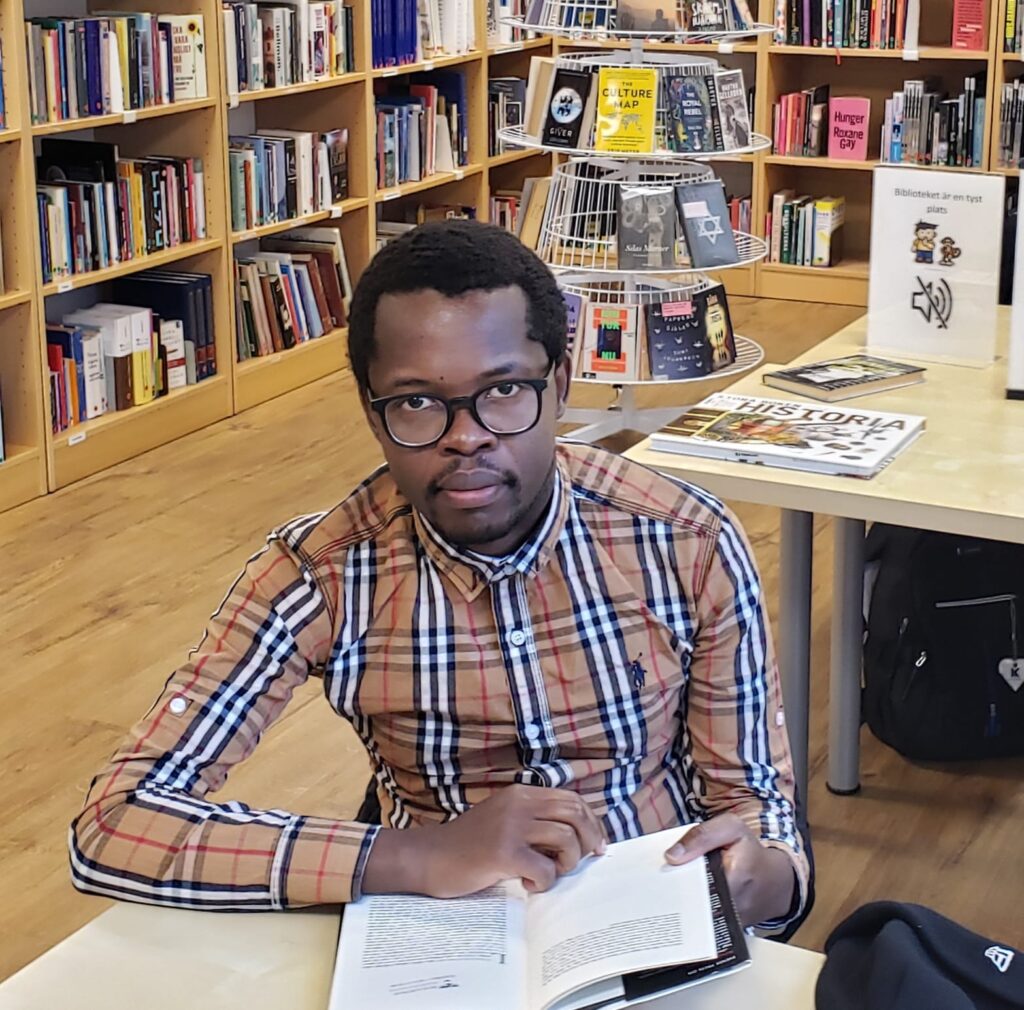
Burundi has suffered enough. Ethnic hatred has cost countless lives, fractured communities, and stunted the nation’s progress. Today, Burundi faces modern challenges that affect all its citizens, regardless of ethnicity. Socioeconomic crises, unemployment, and other hardships do not discriminate. These shared struggles should remind Burundians of the need for unity.
Social cohesion is not optional; it is essential. Without it, Burundi’s development efforts will falter, and the nation will remain vulnerable to the divisions of its past. The slogan “never again” must become more than a platitude. It must be a guiding principle deeply ingrained in every Burundian’s heart.
Every Burundian has been touched by the nation’s painful history. Many have lost relatives, friends, and/or neighbors to cycles of violence. Now is the time to heal those wounds, not to reopen them. It is time for Burundians to come together as one people, united by a commitment to peace, justice and reconciliation.
Ethnic diversity should be celebrated as a strength, not feared as a threat. Only by confronting the past with honesty and compassion can Burundi move forward to a brighter future.
As Nelson Mandela once said, “Reconciliation means working together to correct the legacy of past injustice.” To move beyond their painful history, Burundians must confront their shared past with openness and honesty, rejecting the divisive and toxic narratives rooted in ethnic hatred.


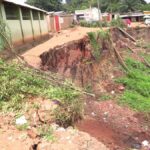

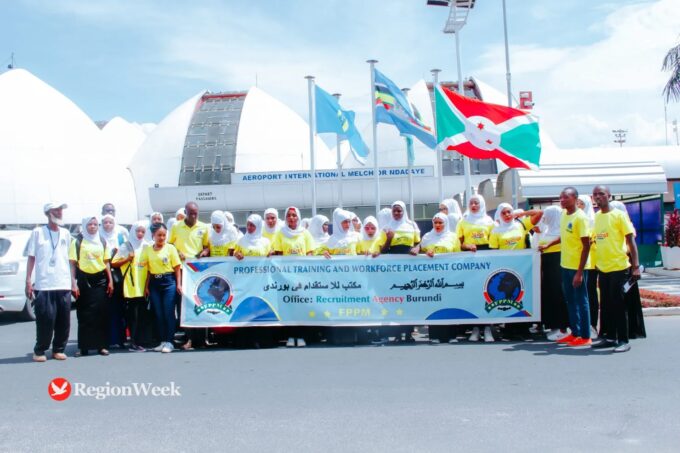
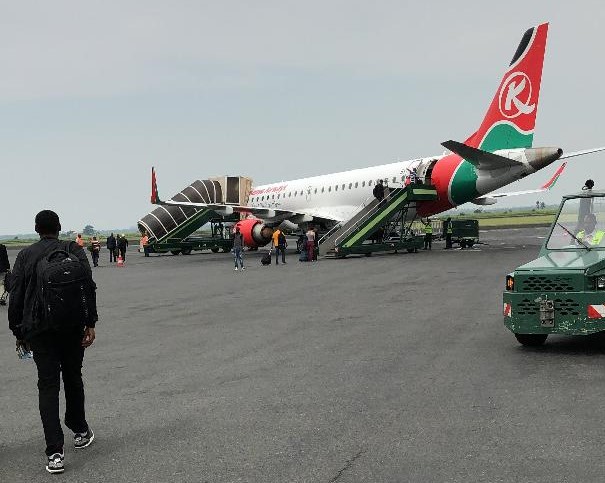
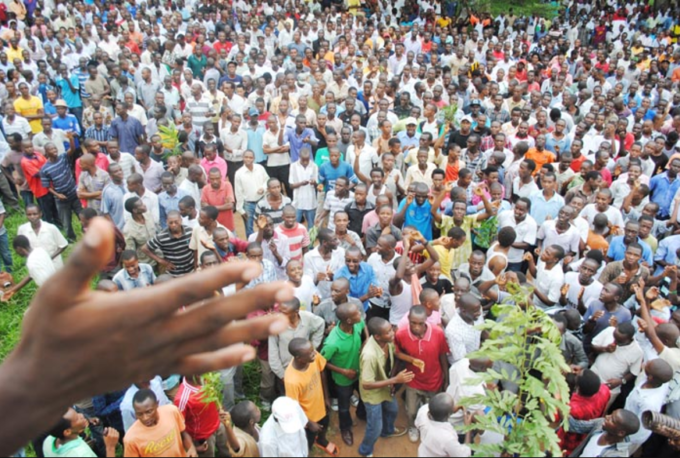
Leave a comment